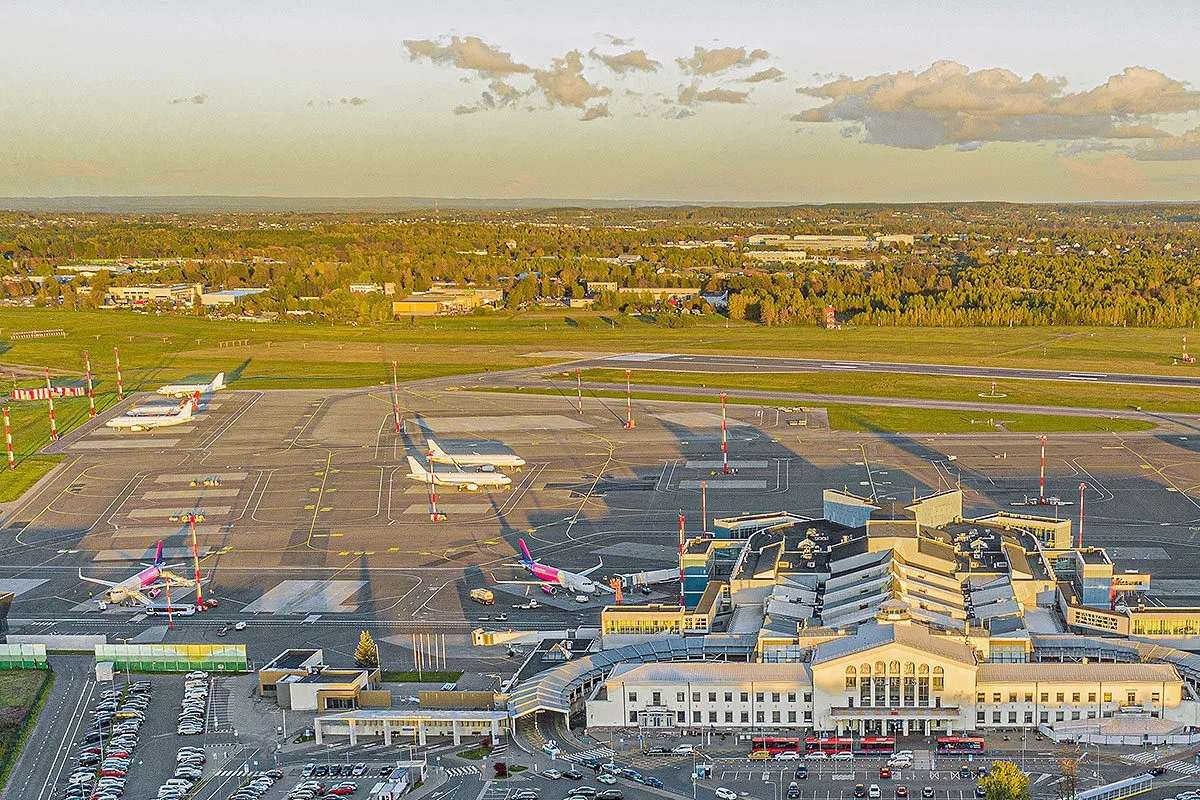Copyright euroweeklynews

Lithuania says it will begin shooting down balloons carrying counterfeit cigarettes across its border from Belarus. The decision was announced by Prime Minister Inga Ruginienė after several days of major disruption to air travel. Vilnius Airport was forced to close four times last week due to reports of large helium balloons in Lithuanian airspace, affecting more than 16,500 passengers and 112 flights, according to Baltic News Service. Border closures and travel limits Ruginienė also announced that Lithuania’s border with Belarus will now be closed indefinitely. Diplomats, EU citizens and Lithuanians will still be able to cross, but all other movement is banned. Belarus’s foreign ministry said the move “violates citizens’ rights and the principle of free movement.” Officials in Vilnius believe many of the balloons are being used to smuggle illegal cigarettes from Belarus. However, Ruginienė said the issue goes beyond smuggling, describing the balloons as part of an effort to “test the resilience of the European Union and NATO against hybrid threats.” Security response and airspace violations The prime minister said: “Lithuanian forces now have permission to take down any balloons that cross from Belarus,” calling it a matter of national security. The announcement came days after two Russian military aircraft reportedly entered Lithuanian airspace for almost 20 seconds, prompting a protest from Vilnius and a response from NATO forces. Moscow has denied the incident. Lithuania’s National Crisis Management Centre said that earlier this month 25 balloons entered from Belarus, leading to 30 cancelled flights and affecting 6,000 passengers. The centre also reported that 544 balloons have been recorded entering Lithuania this year, compared with 966 in 2024. European reaction and next steps Other European airports, including in Copenhagen and Munich, have recently faced similar disruptions from unidentified aerial objects such as drones and balloons. European Commission president Ursula von der Leyen said the EU “stands in full solidarity with Lithuania” and described the repeated incursions as “a hybrid threat” aimed at destabilising the region. Lithuania’s government says the new measures are meant to protect its citizens and maintain control of its airspace. “From now on, we will act before these objects reach our skies,” Ruginienė said.



